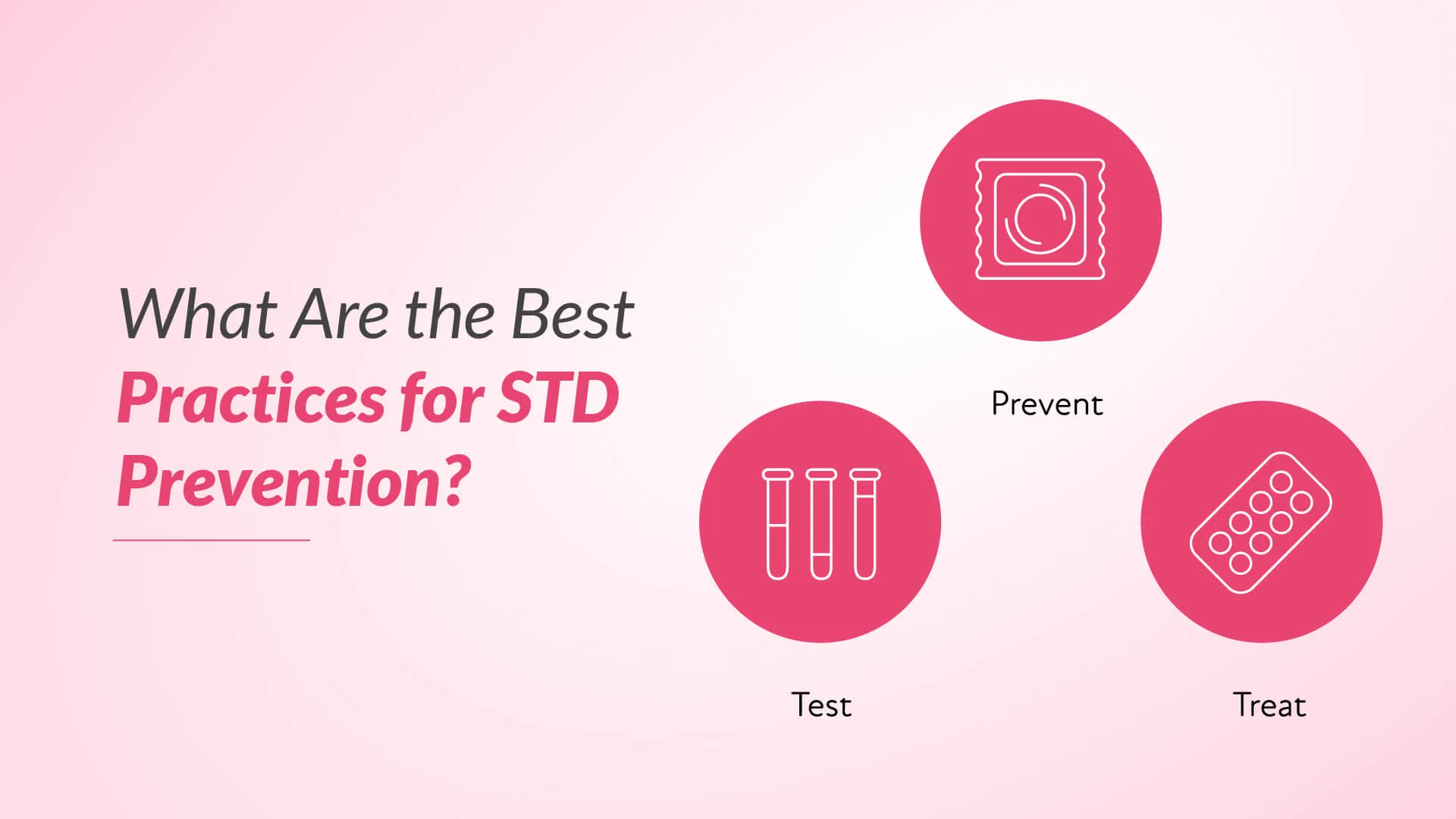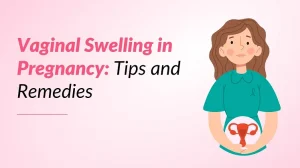In today’s world, the topic of sexually transmitted diseases (STDs) is often shrouded in stigma and misinformation. However, it is crucial to educate ourselves about these infections and adopt best practices to safeguard our sexual health. This comprehensive guide aims to provide you with a thorough understanding of STDs, their symptoms, and effective prevention strategies.
What are Sexually Transmitted Diseases (STDs)?
Sexually transmitted diseases(STDs) {(sexually transmitted infections (STIs)} are infectious illnesses that spread primarily through unprotected sexual contact. These diseases are due to various pathogens, including bacteria, viruses, and parasites. STDs can affect individuals of all genders, ages, and sexual orientations.
Suggested Read: Can STIs Impact Fertility?
Common Types of STDs
Some of the most prevalent STDs include:
- Human Immunodeficiency Virus (HIV)
- Chlamydia
- Gonorrhoea
- Syphilis
- Genital Herpes
- Human Papillomavirus (HPV)
- Trichomoniasis
- Hepatitis B and C
Suggested Read: Preventing Yeast Infections in Semen
STD Symptoms
The symptoms of STDs can vary widely, and some infections may even be asymptomatic, making it challenging to detect without proper testing. However, common symptoms may include the following:
- Unusual vaginal or penile discharge
- Painful urination
- Genital sores or warts
- Pelvic pain or discomfort
- Fever and body aches
- Rashes or skin irritations
It’s crucial to note that many STDs can be present without any noticeable symptoms, which underscores the importance of regular checkups & preventive measures.
Find Hope and Solutions for Female Infertility and Male Infertility — Explore Our Comprehensive Services
IVF Treatment
IUI Treatment
ICSI Treatment
PICSI Treatment
Fertility Preservation Service
Blastocyst Culture & Transfer Treatment
Genetic Screening & Testing
Best Practices for STD Prevention
Preventing the transmission of STDs is a shared responsibility, and adopting the following best practices can significantly reduce your risk:
Use Condoms to Prevent STDs
Consistent & correct use of condoms during any sexual activity is one of the most effective ways to prevent the spread of STDs. Condoms act as a barrier, protecting against the exchange of bodily fluids that may carry infectious pathogens.
Regular STD Testing
Regular STD testing is essential, even if you don’t have any symptoms. Many STDs can be present without any noticeable signs, and early detection can lead to prompt treatment and prevent further transmission.
Communicate Openly with Your Partner
Open discussion with your sexual partner(s) about STD testing, sexual history, and potential risks can help both make informed decisions and take appropriate precautions.
Consider Vaccinations
Certain STDs, such as HPV and Hepatitis B, have vaccines available that can provide protection against infection. Discuss getting vaccinated with your doctor, especially if you are at a higher risk.
Practice Mutual Monogamy
Engaging in a single-partner relationship with an uninfected partner can significantly decrease the risk of contracting STDs. However, it’s still essential to get tested regularly and communicate openly about sexual health.
Avoid Sharing Personal Items
Sharing personal items like towels, razors, or sex toys can potentially transmit certain STDs. It’s best to avoid sharing these items or to properly disinfect them before use.
Be Cautious with Alcohol & Drugs
Substance abuse can impair judgment, causing risky sexual behaviours and increasing the likelihood of contracting STDs. It’s essential to maintain a clear mindset and make responsible decisions regarding sexual activity.
Keep Yourself Hydrated
Maintaining proper hydration can help promote healthy bodily functions related to the immune system and the genital area. Drinking water in optimal quantity can aid in flushing out potential infections and promoting overall well-being.
Suggested Read: Tips for Maintaining Optimal Vaginal Hygiene
Steps to Take if Diagnosed with an STD
If you receive a positive STD diagnosis, it’s essential to take the following steps:
- Seek prompt medical treatment and adhere to your doctor’s instructions.
- Inform your sexual partner(s) about your diagnosis so they can get tested and treated if necessary.
- Avoid sexual activity until you have completed the recommended treatment and received clearance from your doctor.
- Practice safe sex and follow prevention strategies to avoid reinfection or transmission to others.
Treatment and Management of STDs
Many STDs are treatable, and early detection and proper treatment can help prevent long-term complications. Depending on the specific infection (bacterial or viral), treatment options may include antibiotics, antiviral medications, or other therapies. It’s crucial to follow your doctor’s instructions and complete the entire course of treatment.
Conclusion
Practising safe sex and adopting preventive measures are key to maintaining good sexual health and preventing the spread of STDs. By being proactive, communicating openly, and seeking regular checkups, you can reduce your risk of contracting or transmitting these infections. Taking care of sexual health is a responsibility we all share, and by following best practices, we can build a safer and healthier society.





























